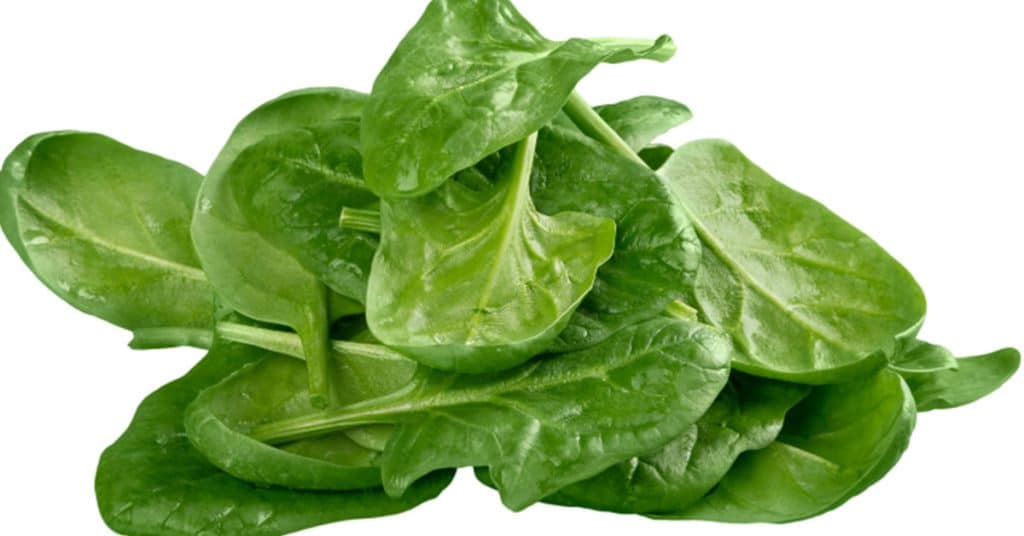We’ve all had that moment when we happily munch on a delicious spinach salad, only to be greeted by an unexpected dryness in our mouths. It’s like your taste buds just went on a vacation, leaving your tongue in the desert! But fear not, my fellow spinach enthusiasts, for we shall uncover the mystery behind this peculiar phenomenon.
The Intriguing Culprit: Oxalates
To understand why spinach can be a bit of a moisture thief, we must first acquaint ourselves with a sneaky compound called oxalic acid, or simply oxalates. Spinach, like many other leafy greens, contains these tiny, naturally occurring compounds.
The Oxalate Robbery
When you take a bite of spinach, the oxalates waste no time in latching onto calcium ions in your saliva. They form calcium oxalate crystals, which are not very water-friendly. The more oxalates you consume, the more calcium ions gobble up, leaving your mouth feeling dry and deprived of that refreshing moisture.
But wait, there’s more to this story!
Oxalates and the Nutrient Tug-of-War
While oxalates play their mischievous role in making your mouth feel dry, spinach is not just some moisture-stealing villain. It also boasts an impressive array of nutrients like iron, vitamins A and C, and fiber, which make it a superhero in the realm of healthy eating.
You may also read: What Vitamin Deficiency Causes Dry Mouth
Are You At Risk?
Now, before you swear off spinach forever, it’s essential to understand if you’re truly at risk of suffering from this dry mouth dilemma. Not everyone experiences the parched sensation to the same degree. Some individuals have a higher sensitivity to oxalates than others.
Factors like your individual tolerance, the way you prepare spinach, and the quantity you consume in one go can influence whether you’ll encounter this culinary conundrum.
Conquering the Drought
If you’re a spinach enthusiast but don’t want your mouth to feel like a barren desert, here are some tips to help you enjoy your greens without the dryness:
- Balance is Key: Mix spinach with other greens to dilute the oxalate content and keep your taste buds happy.
- Cooking Can Help: Cooking spinach breaks down some of the oxalates, reducing their potency. Steaming or boiling spinach is a good option.
- Stay Hydrated: Sip water while eating spinach to keep your mouth moist and combat the drying effect.
- Cheese to the Rescue: Calcium-rich foods like cheese can bind to oxalates, preventing them from wreaking havoc on your mouth.
- Dry Mouth Oral Spray: Consider using a dry mouth oral spray. These sprays are designed to provide instant relief by moisturizing and lubricating your mouth, combating the dryness caused by oxalates in spinach
Now that we’ve unveiled the oxalate mystery behind why spinach makes your mouth dry, you can munch on your favorite leafy greens with newfound wisdom. Embrace the nutritional benefits of spinach while employing a few tricks to keep the dryness at bay. A little hydration and creativity can go a long way in ensuring your spinach experience remains delightfully moist.
So, fellow foodies, go forth and conquer your spinach with a well-hydrated smile!
Lubricity is a Proud Supporter of the
What do customers say about Lubricity Dry Mouth Spray?













